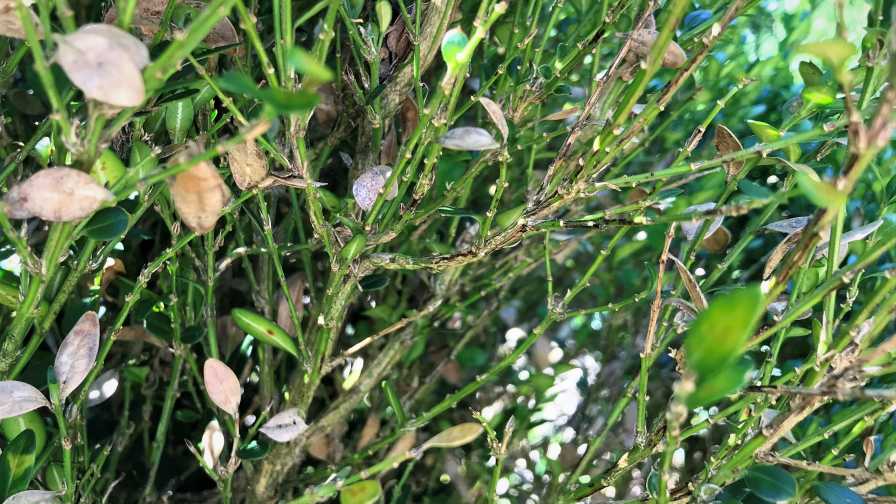The Horticultural Research Institute (HRI), a foundation of AmericanHort, recently announced its portfolio of research projects to be funded in 2020. These projects fit into the cadre of research priorities established in support of a new strategic vision. They include quantifying plant benefits, creating innovative solutions, gathering consumer insights, and producing practical and actionable solutions. A total of $345,800 will be awarded this year. “HRI has new research priorities in place to quantify plant benefits, encourage innovative solutions, better understand consumer preferences, and provide practical solutions. These will help shape what projects HRI funds, starting this year,” says Gary Knosher, HRI President. “I continue to be amazed by the industry’s support of HRI’s mission and initiatives. Thank you to all in the industry who contribute.” The Horticultural Research Institute’s mission is to direct, fund, promote, and communicate horticulture research. Supporting research that challenges current methods and bridges the divide between businesses and the consumer is how HRI helps build prosperous businesses, advance the green industry, and fulfill its core vision. Here’s a closer look at some of the projects tied to greenhouse production (a complete list is available here ): Benefits or Features: Which Cue is More Effective on Retail Signs? (Dr. Bridget Behe, Michigan State University) Better understanding consumer behavior, preferences, and trends is a key HRI research priority. This project addresses that directly. Dr. Behe previously discovered that younger customers are more likely to purchase a branded plant – even when identical to a nonbranded plant – and that consumers in general want more information on signs because they cannot ascertain plant attributes by looking at it. Now Dr. Behe will take the next step and quantify and profile what cues trigger plant choice, including which benefits resonate best with which type of consumers. Fundamental Aspects of Auxin Foliar Spray Applications to Woody Plant Cuttings (Dr. Robert Geneve, University of Kentucky) Applying auxin as a foliar spray has several advantages over traditional quick dip methods for rooting cuttings, such as potential improved worker safety and application efficiency. Foliar auxin sprays are also becoming an integral part of […]






